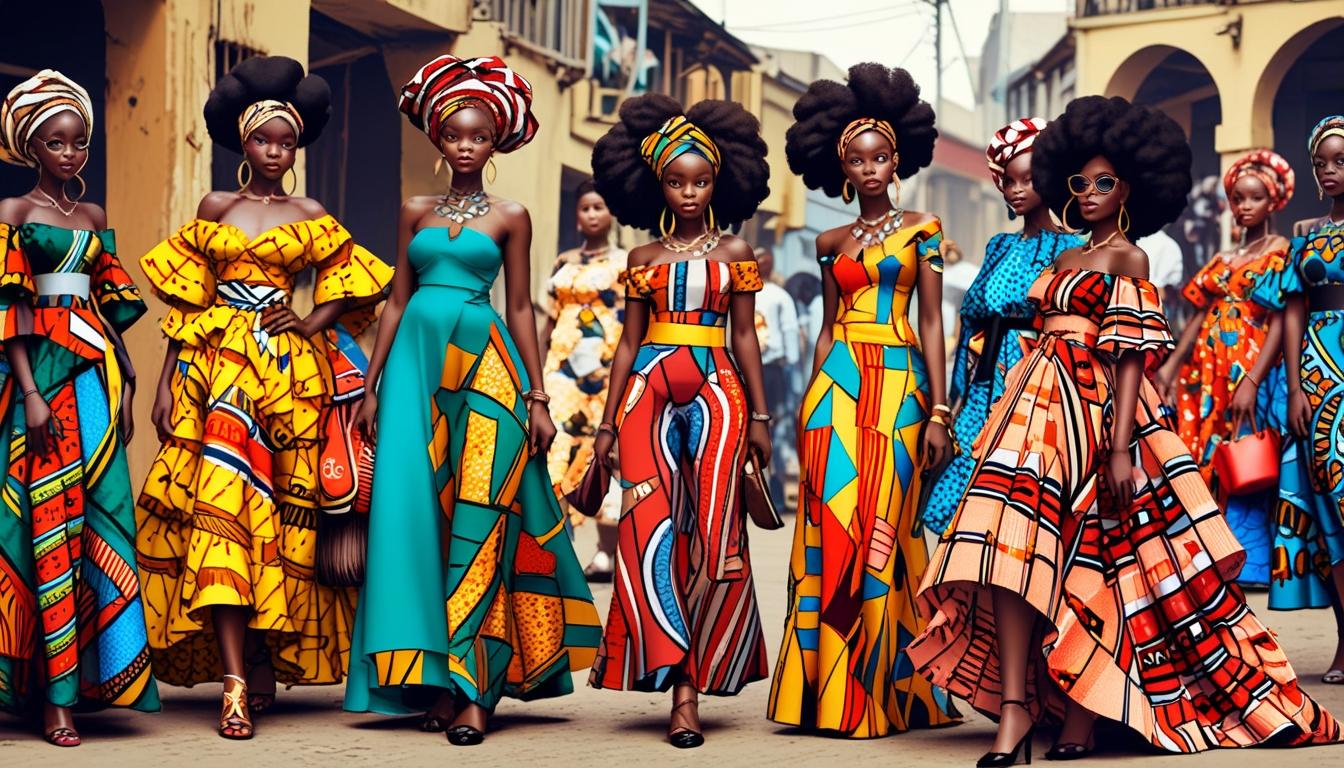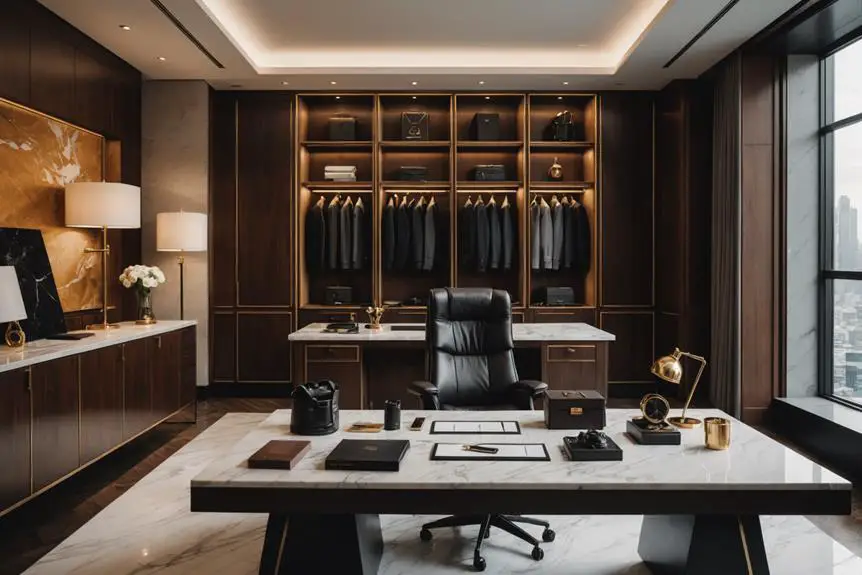Nigerian fashion is gaining global recognition, combining rich cultural heritage with modern design and digital innovations, while also facing challenges related to production and counterfeiting.
Nigerian fashion is increasingly recognized as one of the most dynamic and rapidly growing fashion industries globally. This vibrant sector reflects a blend of rich heritage and innovative design, with its influences reaching from urban centers like Lagos to fashionable hubs in London and beyond. The multifaceted nature of Nigerian fashion extends beyond mere clothing; it embodies a movement steeped in creativity, cultural expression, and ambition.
The Evolution of Fashion in Nigeria has its roots deeply embedded in the country’s diverse cultural fabric. Traditional materials such as Ankara, Adire, and Aso Oke have long served as symbols of identity, continuing to play crucial roles in shaping personal and collective expressions of style. Over time, Nigerian designers have reinvented these fabrics, integrating modern silhouettes to create unique hybrids that merge street style with elements of African luxury.
Historically, local designers specialized in bespoke items tailored to individual requirements, but a new wave of creators is making a name for themselves on international runways. These contemporary designers harness the power of digital media, and sustainability practices, and weave narratives that debunk popular myths surrounding African fashion.
The influence of Nigerian designers is gaining international recognition, with names such as Lisa Folawiyo carving out significant roles on the global stage. Folawiyo, credited with elevating Ankara into the realm of high fashion, has seen her creations worn by celebrities and showcased during major fashion weeks. Other notable figures include Orange Culture, a unisex label that challenges traditional fashion norms and infuses streetwear with a compelling cultural narrative; Mai Atafo, known for his meticulous wedding and menswear designs; and Kenneth Ize, who revitalizes traditional Aso Oke into modern, sought-after pieces.
The rise of social media has resulted in a Digital Revolution in Nigerian Fashion. Platforms like Instagram, YouTube, and TikTok have become vital spaces for designers to connect directly with consumers, circumventing traditional retail barriers. A decade ago, the goal for designers was often to secure placements in high-end stores. Now, many are successfully using these platforms to market and sell their products directly to their target audience, building engaged communities around their brands.
Emerging designers are increasingly utilizing YouTube to document their creative processes, showcasing fashion shows and behind-the-scenes content that attracts global attention without the need for a physical storefront. The importance of building a subscriber base on these platforms is emphasized, as increasing visibility can lead to enhanced recognition and sales opportunities. A notable case involved a designer who struggled with visibility but found success through styling videos, ultimately becoming a notable reference point for fashion inspiration in Africa.
Despite this growth, challenges persist for Nigerian designers. Issues related to production, including the availability of high-quality fabrics and production facilities, often necessitate reliance on overseas outsourcing or high-caliber local artisans. Financial constraints also pose significant challenges, as fashion can be a capital-intensive industry. Many designers resort to bootstrapping, crowdfunding, grants, and collaborative partnerships to navigate financial hurdles. Additionally, the rise of counterfeiting has introduced obstacles to brand integrity and sales, prompting designers to implement strategies such as limited edition releases and blockchain technology to ensure authenticity.
Looking forward, the Future of Nigerian Fashion appears optimistic, marked by trends emphasizing technology, ethical practices, and sustainability. Designers are exploring sustainable methods, including upcycling, natural dyeing, and ethical labor practices. With computer-generated fashion shows and artificial intelligence playing roles in design processes, new creative pathways are opening for Nigerian designers. Increased international exposure—through fashion weeks like Lagos Fashion Week and features in global publications—suggests stronger prospects ahead for this rising industry.
The discourse surrounding Nigerian fashion also addresses frequent inquiries regarding international marketing strategies and the incorporation of traditional versus contemporary styles. Nigerian fashion designers are known for their distinctive ability to blend cultural heritage with modern design trends, characterized by innovative craftsmanship and bold creativity. Aspiring designers are encouraged to maintain authenticity while taking advantage of digital platforms, networking within the industry, and continuously refining their skills to succeed in this vibrant market.
Source: Noah Wire Services




